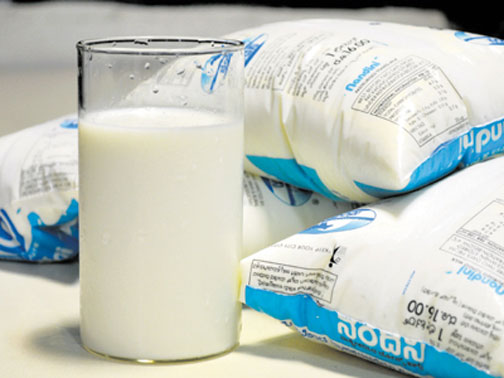
Despite the ban on bulk SMSes and MMSes the rumour engulfed entire coastal district and spread to neighbouring districts too within hours, as most of the people in the region are dependent on Nandini milk.
As the `poison' rumour spread, it took on variations. Some had it that poison had been thrown into the milk by miscreants, others spoke of how some people had `fainted' and had `vomited' after drinking milk from Nandi packet in and around Mangalore. Some even spoke about children being hospitalised in the town of Ullal after drinking milk.
Print and electronic media offices in the city including 'Coastaldigest.com' too were kept busy answering calls from frantic citizens who wanted to know the truth of the matter. Such calls also brought in reports that some prominent personalities in some villages of Dakshina Kannada district “informing” the people that the Nandini milk had been poisoned and that people should desist from using it.
Harried KMF officials kept on asserting that Nandi milk packets were clean and safe. However, this did not prevent some people throwing milk packets in some places.
Raviraj Hegde, the president of the Dakshina Kannada Milk Producer's Cooperative Union Limited (DKMPCUL) brushed aside the rumours saying that some miscreants deliberately spreading such rumours to create confusion among people.
“Please don't pay heed to any such poisonous rumours. Nandi milk is safe to drink”, he said.
Related: DKMUL office-bears rubbish 'poison' rumours; drink Nandini milk in front of media





Comments
Add new comment